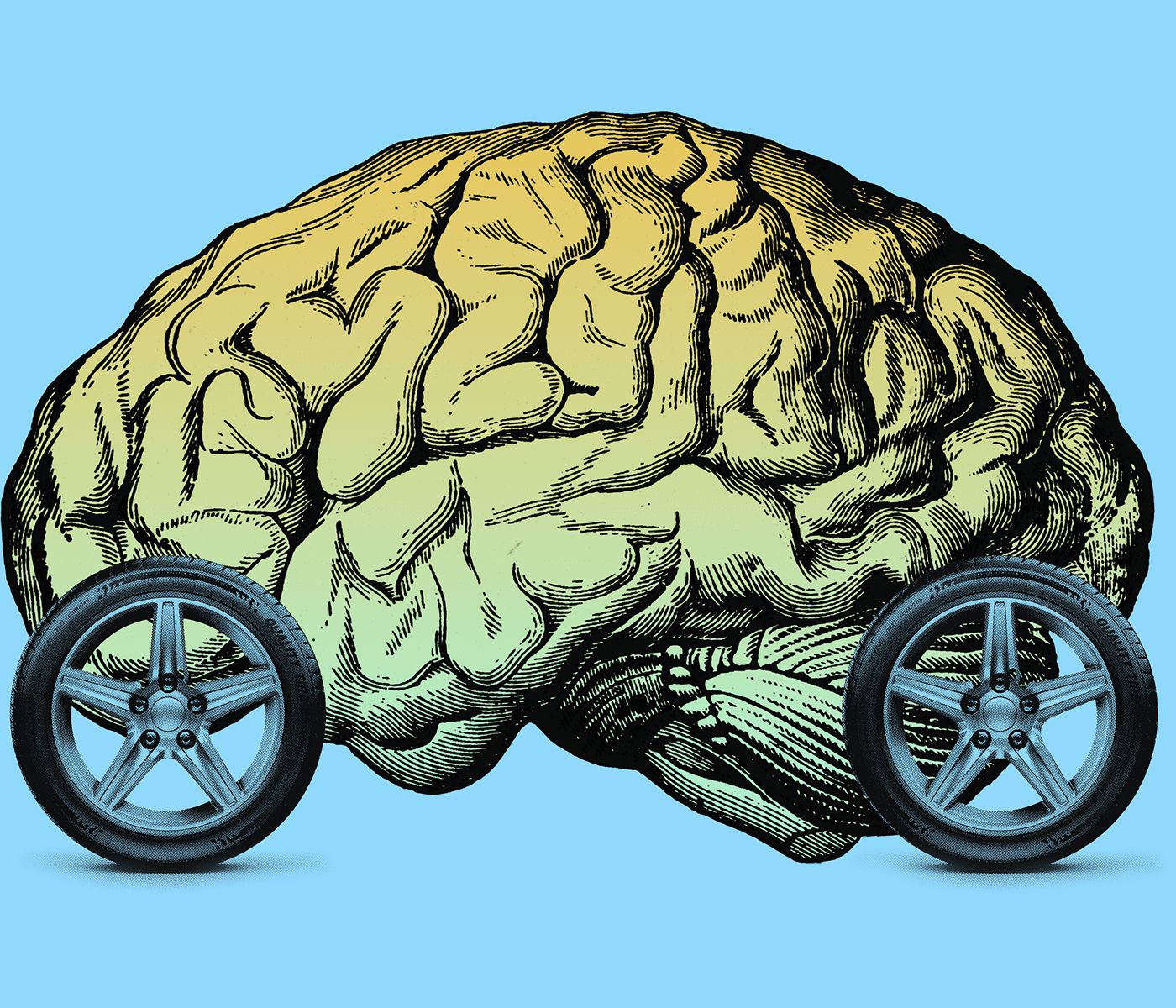
Deep Dive
Shownotes Transcript
Most of us would sacrifice one person to save five. It’s a pretty straightforward bit of moral math. But if we have to actually kill that person ourselves, the math gets fuzzy.
That’s the lesson of the classic Trolley Problem, a moral puzzle that fried our brains in an episode we did almost 20 years ago, then updated again in 2017. Historically, the questions posed by The Trolley Problem are great for thought experimentation and conversations at a certain kind of cocktail party. Now, new technologies are forcing that moral quandary out of our philosophy departments and onto our streets.
So today, we revisit the Trolley Problem and wonder how a two-ton hunk of speeding metal will make moral calculations about life and death that still baffle its creators.
Special thanks to Iyad Rahwan, Edmond Awad and Sydney Levine from the Moral Machine group at MIT. Also thanks to Fiery Cushman, Matthew DeBord, Sertac Karaman, Martine Powers, Xin Xiang, and Roborace for all of their help. Thanks to the CUNY Graduate School of Journalism students who collected the vox: Chelsea Donohue, Ivan Flores, David Gentile, Maite Hernandez, Claudia Irizarry-Aponte, Comice Johnson, Richard Loria, Nivian Malik, Avery Miles, Alexandra Semenova, Kalah Siegel, Mark Suleymanov, Andee Tagle, Shaydanay Urbani, Isvett Verde and Reece Williams.
EPISODE CREDITS
Reported and produced by - Amanda Aronczyk and Bethel HabteOur newsletter comes out every Wednesday. It includes short essays, recommendations, and details about other ways to interact with the show. Sign up) (https://radiolab.org/newsletter)!
Radiolab is supported by listeners like you. Support Radiolab by becoming a member of The Lab) (https://members.radiolab.org/) today.
*Follow our show on Instagram), Twitter) and Facebook) @radiolab, and share your thoughts with us by emailing *[email protected])
)Leadership support for Radiolab’s science programming is provided by the Gordon and Betty Moore Foundation, Science Sandbox, a Simons Foundation Initiative, and the John Templeton Foundation. Foundational support for Radiolab was provided by the Alfred P. Sloan Foundation.
